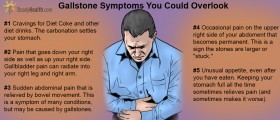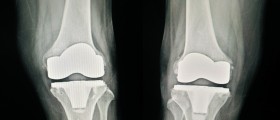Hi everyone. 52 yo female in the north Dallas, Tx area who was diagnosed with congenital cervical spinal stenosis back in late 2013. Prior to then I was active in recreational sports. At that time I was told this condition was going to eventually be debilitating but I was not yet at the level to where surgery was recommended. Last week I was told by a Dr. that I need the surgery. Bulging discs in C3 thru C7. I live alone and siblings live away from me and are unable to be here for me. I have a good friend but she has a family. I'm terrified of surgery and possible complications but even more so with not yet having anyone to be with me. I've seen nothing but horror stories on another site and wanted to see some "success" stories. This site popped up and has a somewhat little better postings to learn from on what to expect. I guess the beginning of my questions are how long do you need to have someone to be with you and what type of limits do you have in regards to being able to shower and use the facilities? I'm very scared to go into this, but i know it will get worse the longer I wait. I'm currently set up to get a second opinion next week. I'm hoping to find the most experienced and knowledgeable Dr. at this point while I try to find someone to care for me post op and for however long that will take. Thankfully, my job is still doing the work from home so I'm praying and pleading for a successful surgery/rehab/recovery so I can get back to work. My worst fear is everything goes wrong and I have to go on disability. I am not taking this well and I've always been strong while going through past knee surgeries and a knee replacement. Totally unraveled. Please and thank you for any advice!
Loading...
I understand that you are feeling scared and anxious about your upcoming surgery, but it's important to remember that you are not alone in this. Many people have gone through spinal surgery and have had successful outcomes. It's also important to have a positive mindset and trust in your medical team.
In terms of having someone to be with you post-surgery, it's recommended to have a caregiver for at least the first few days to help with daily activities such as showering and using the restroom. It's important to follow your doctor's recommendations regarding limitations and restrictions after surgery, as they can vary depending on the specifics of your surgery and your individual health status.
It's good that you are seeking a second opinion and looking for the most experienced and knowledgeable doctor. Don't hesitate to ask your doctor any questions or express any concerns you may have about the surgery or recovery process. They are there to help guide you through this process.
Additionally, try to focus on taking care of yourself both physically and mentally leading up to the surgery. Eat a healthy diet, exercise as much as you are able to, and practice stress-reducing techniques such as meditation or deep breathing exercises.
Remember that your mindset and attitude towards the surgery and recovery can greatly impact your outcome. Stay positive, trust in your medical team, and take things one day at a time.
Loading...















